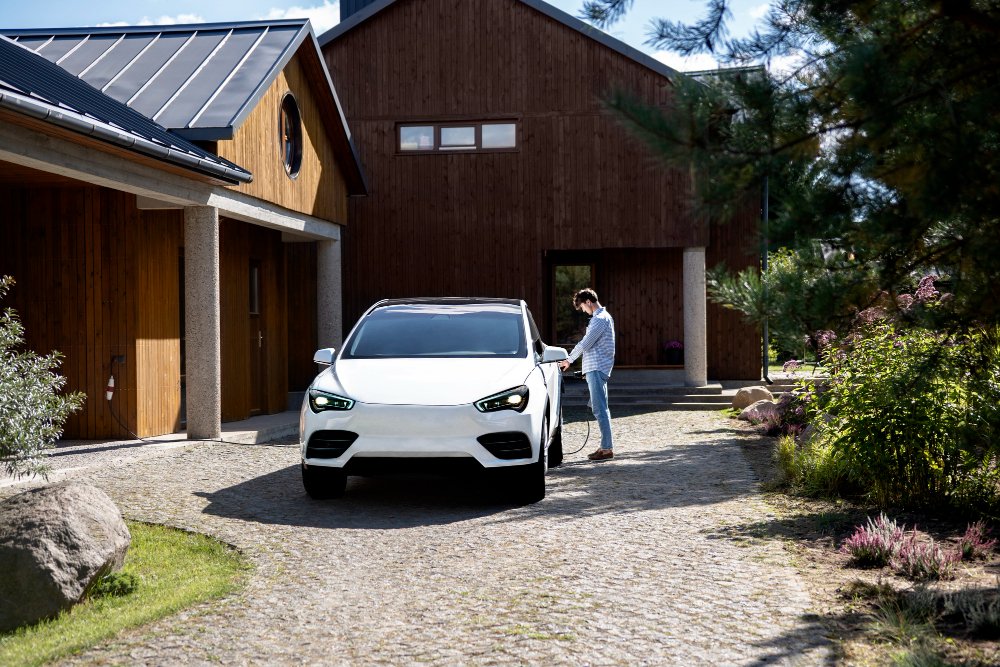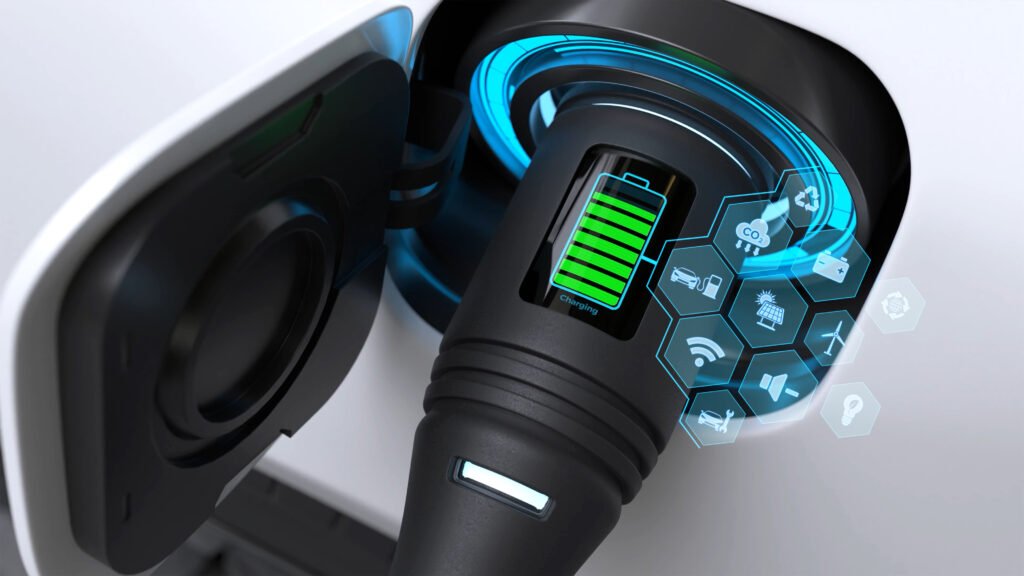Electric vehicles and hybrid cars are praised for their innovative features, but with advanced systems also come unique challenges. One issue that’s gaining attention among Honda owners is the Honda electric parking brake problem car won’t start scenario. This frustrating problem can leave drivers stranded, especially when the electric parking brake malfunctions or becomes unresponsive.
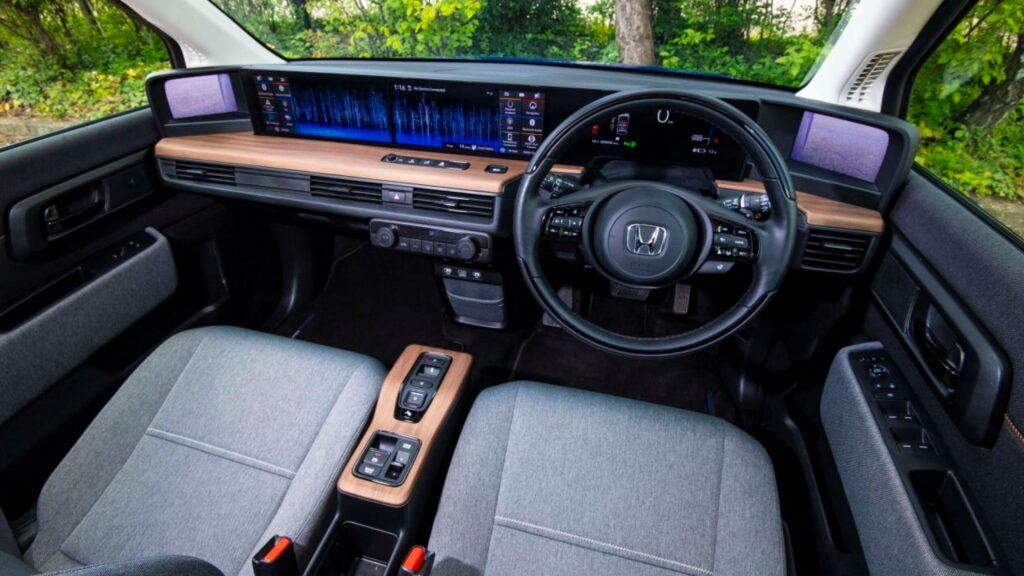
In this article, we’ll explain what’s causing the issue, how it affects your vehicle, possible fixes, and what Honda is doing about it. Whether you’re an owner of a Honda Accord, CR-V, Civic, or Clarity, this guide offers professional insight into a growing concern in modern car systems.
Understanding the Electric Parking Brake (EPB) System
Electric parking brakes (EPB) have replaced traditional handbrakes in many newer vehicles, including most Honda models. Unlike mechanical levers or pedals, the EPB uses electronic controls and actuators to engage or disengage the rear brake system.
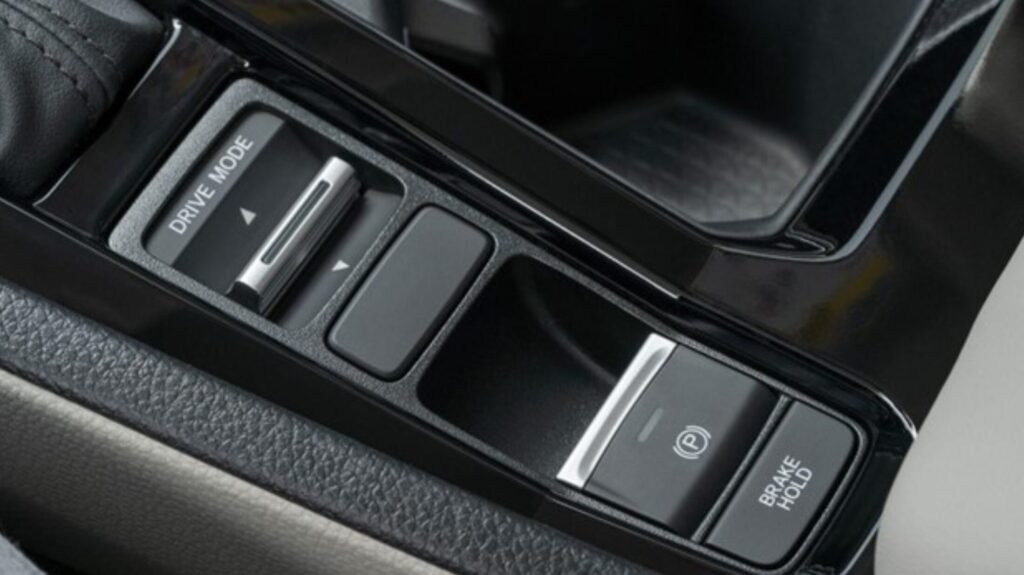
In theory, this system provides convenience and safety by automatically applying the brake when the vehicle is turned off or parked on an incline. However, when electrical or sensor issues occur, the brake may not release — which can prevent the car from starting or moving.
Key Benefits of Honda’s Electric Parking Brake System
1. Improved Safety
The EPB automatically engages when the car is turned off, reducing the chance of rolling when parked on a hill. Some systems also engage during emergency stops, acting like a backup safety brake.
2. Convenience and Space-Saving
Without the need for a bulky handbrake lever, EPB systems free up space in the center console, giving a more modern and minimalistic interior layout.
3. Integration With Other Systems
Honda’s EPB is often integrated with Auto Hold, Hill Start Assist, and other driver-assist systems. This seamless interaction enhances the driving experience, especially in stop-and-go traffic.
Despite these advantages, problems can arise — particularly when the system fails to disengage due to software or hardware issues.
Common Challenges and Limitations
1. Car Won’t Start Due to EPB Failure
Honda Electric Parking Brake Problem Car Won’t Start, owners report that their car won’t start or move because the electric parking brake remains engaged. In most cases, the dashboard displays a “Parking Brake Problem” or “Brake System Problem” warning message.
This is often due to a sensor malfunction, low battery voltage, or a communication error between the EPB and the vehicle’s computer.
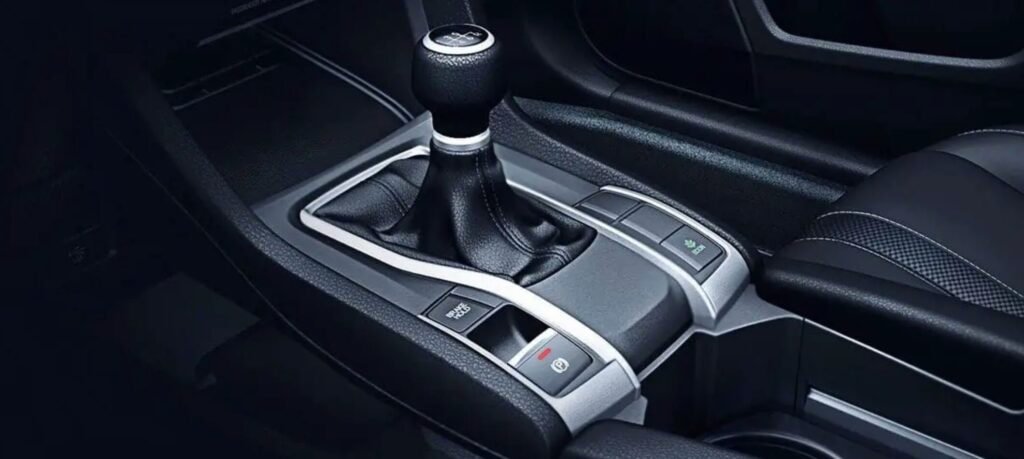
2. Battery Drain Issues
The EPB system depends on battery power to function. If your 12V battery is weak or dying, the system may not release properly. In some cases, the car won’t even power up.
3. Faulty Brake Actuators or Switches
Worn actuators, corroded connectors, or bad switches are common culprits. These parts may wear down over time and are expensive to replace.
4. Software Glitches
Some incidents are linked to firmware bugs in Honda’s vehicle control module. These glitches may falsely report an issue or lock the brake when no actual problem exists.
5. Cold Weather Issues
Cold climates can affect the actuator’s response time or cause the electronic components to malfunction, leading to frozen or unresponsive brake behavior.
Real-World Examples and Case Studies
Case 1: 2018 Honda CR-V Owner in Chicago
John, a CR-V owner, was stuck in his garage when his vehicle displayed a “Brake System Problem” warning. The car refused to start. After a dealership diagnostic, the issue was traced to a faulty EPB switch and a low battery. A replacement part and battery recharge fixed the problem — but it cost over $400.
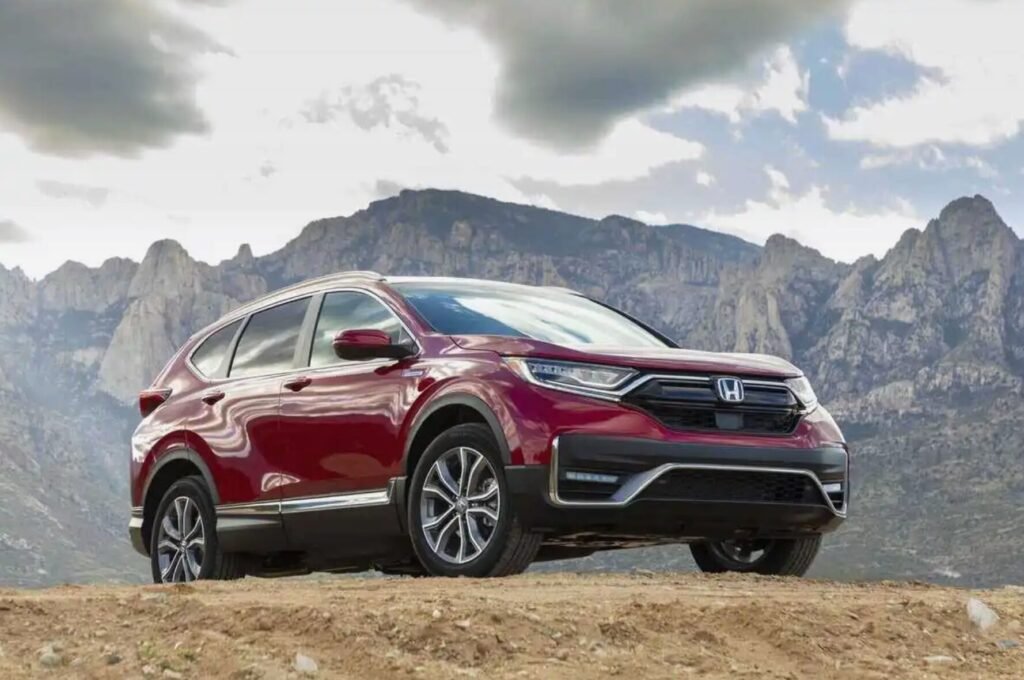
Case 2: 2020 Honda Accord in Toronto
A software update gone wrong locked the EPB system. The car wouldn’t shift into gear, and the dealership had to reflash the control unit. Honda later acknowledged a known issue and offered a patch, but only after several complaints.
Case 3: 2017 Honda Civic in Denver
In freezing temperatures, the owner noticed that the EPB warning light flashed intermittently. Eventually, the car wouldn’t release the brake at all. It turned out the actuators had frozen due to condensation and temperature changes.
These cases show how diverse — and unpredictable — EPB-related issues can be.
Future Trends and Predictions
1. More Reliable Sensor Technology
Manufacturers are now working on redundant sensor systems and more weather-resistant designs to prevent false alarms or EPB lockouts.
2. Software Improvements and Over-the-Air Updates
As connected vehicles become the norm, companies like Honda will increasingly rely on over-the-air (OTA) updates to fix glitches remotely — reducing trips to the dealership.
3. Stronger Diagnostic Tools
Newer vehicles are being equipped with advanced onboard diagnostics, enabling quicker and more accurate detection of electric brake issues.
4. EV Integration and Regenerative Braking
As Honda increases its line of electric vehicles, EPB systems will likely become more tightly integrated with regenerative braking and energy recovery systems.
Frequently Asked Questions
Why does my Honda say “Electric Parking Brake Problem” and not start?
This usually indicates the brake system is locked due to a faulty sensor, dead battery, or communication failure with the ECU. Try jump-starting the car or have it inspected by a technician.
Can a low battery cause the EPB to fail?
Yes. A weak 12V battery can disrupt the electric parking brake’s operation and even prevent the vehicle from starting. Recharging or replacing the battery may resolve the issue.
Is it safe to drive if the parking brake warning light is on?
If the EPB disengages properly and you’re not getting any other error codes, it may be a sensor error. However, it’s recommended to have the system checked to avoid long-term issues.
How do I reset the electric parking brake on a Honda?
In some cases, turning the vehicle off and restarting can reset the system. Others may require disconnecting the battery for a short time. Always refer to the owner’s manual or a certified technician.
Will Honda cover the repair under warranty?
If your car is still under warranty and the issue is due to a known defect, Honda may cover the repair. Always check with your dealer to confirm eligibility.
Conclusion
The Honda electric parking brake problem car won’t start situation is a frustrating issue faced by many owners of modern Honda vehicles. While the electric parking brake system offers significant advantages in safety and design, it’s not immune to faults, especially when combined with electronic complexity.
Whether it’s due to a dying battery, faulty actuator, or software bug, understanding the cause and acting early can save you time and money. Honda is continually improving its technology, but as a car owner, staying informed is your best defense.
If you’re experiencing this issue, don’t ignore it. Visit a qualified service center, request diagnostics, and explore any recalls or updates from Honda that may apply to your vehicle.



